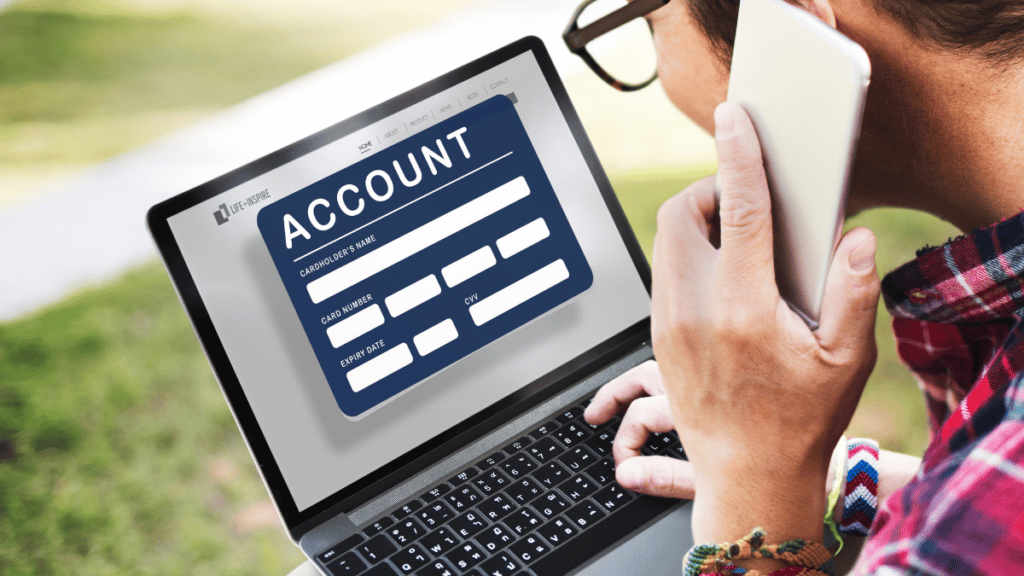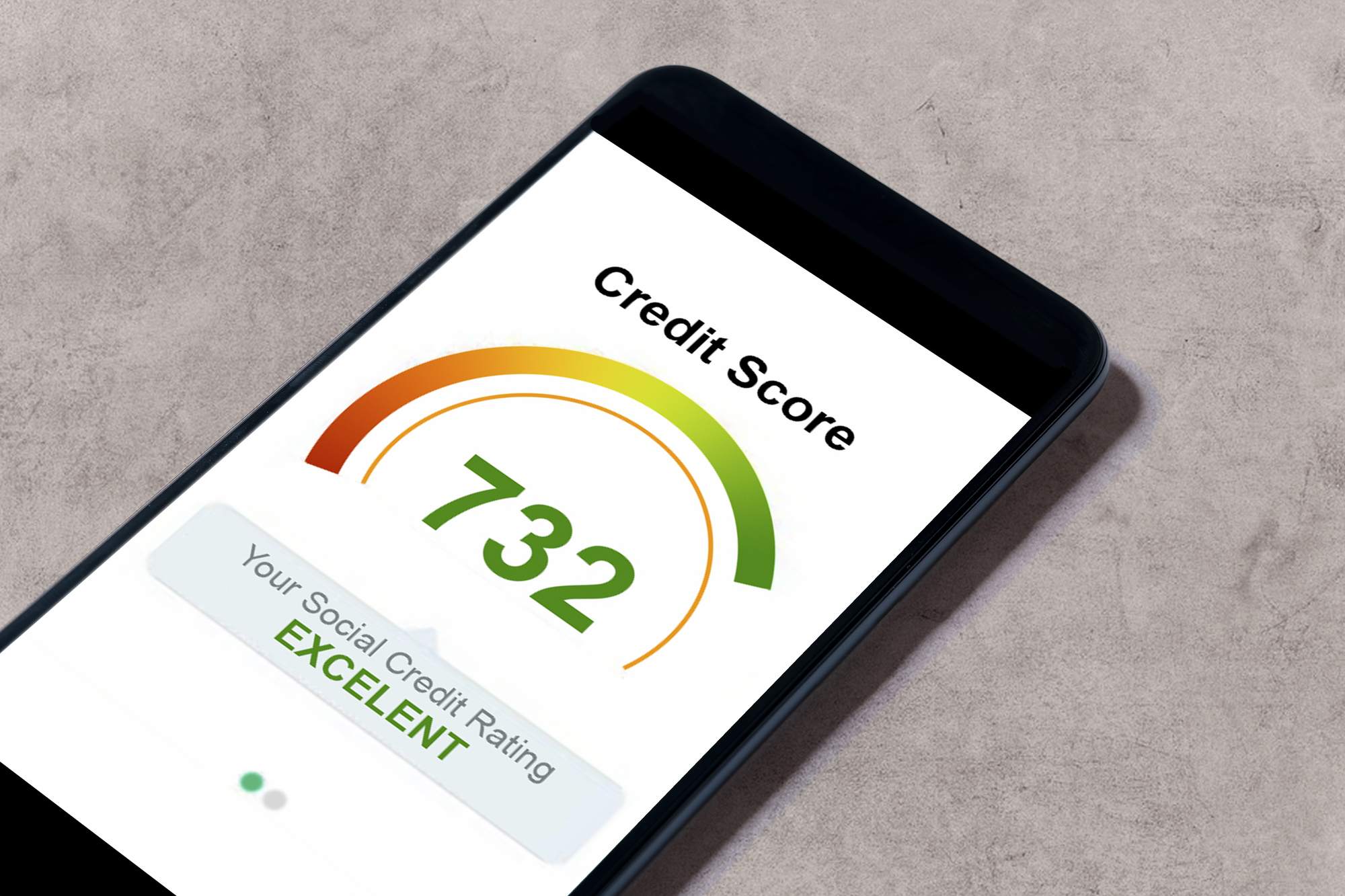You’ve probably heard plenty of advice about credit scores over the years. Some of it sounds helpful, but it can actually hurt you. Following the wrong tips—especially outdated ones—can quietly drag your score down. Here are a few myths that could be costing you points.
Checking Your Score Will Hurt it

A lot of people avoid checking their credit because they think it’ll lower their score. But soft inquiries—like the ones you make through apps or banks—don’t affect your credit at all. Only hard pulls (like when applying for a loan) can cause a temporary dip.
💸 Take Back Control of Your Finances in 2025 💸
Get Instant Access to our free mini course
5 DAYS TO A BETTER BUDGET
Carrying a Small Balance Boosts Your Score

Some believe keeping a balance shows responsible credit use, but it’s the opposite. Interest adds up, and it doesn’t help your score. Paying off your balance in full every month is better for your credit utilization and keeps your wallet happier.
Closing Old Accounts Will Raise Your Score

Closing an old credit card can actually hurt your score, especially if it’s one of your oldest accounts. Length of credit history is a key factor in your score. Keeping older accounts open—even if you don’t use them often—helps build a stronger credit profile.
You Need to Carry Debt To Build Credit

Using credit cards responsibly builds credit—not carrying debt. You don’t need to be in debt to have a good score. Making small purchases and paying them off on time each month is enough to show lenders you’re reliable.
All Debt Affects Your Score the Same Way

Credit card debt and installment loans (like student or auto loans) impact your score differently. High credit card balances hurt your score more because they affect your utilization rate. Keeping those balances low has a bigger positive impact than just making loan payments.
Income Impacts Your Credit Score

Your income isn’t part of your credit score calculation. Lenders may look at your income when you apply for credit, but it doesn’t factor into the actual score. You can have a high income and a poor credit score—or a modest income with excellent credit.
Paying Off Collections Deletes Them From Reports

Paying off a collection account doesn’t automatically remove it from your credit report. It may be marked as “paid,” but it can still stay on your report for up to seven years. However, some lenders now disregard paid collections when calculating scores.
One Late Payment Isn’t a Big Deal

Just one missed payment can stay on your credit report for seven years and significantly drop your score. Even if you catch up the next day, the damage is done. That’s why it’s critical to stay on top of due dates—or set up automatic payments to avoid it altogether.
Using a Debit Card Builds Credit

Using a debit card doesn’t impact your credit score at all. It’s connected to your bank account, not a line of credit. To build credit, you need to use credit cards, loans, or other forms of borrowing that get reported to credit bureaus.
You Can’t Fix a Bad Credit Score

A low credit score doesn’t have to last forever. With steady payments, lower balances, and responsible credit use, it can improve over time. Many people think a bad score is permanent—it’s not. Small, consistent actions can make a big difference.
How Cutting Up Your Credit Cards Will Help You Get Out of Debt

Credit card debt can feel overwhelming, but better spending habits can change everything. Cutting up your cards is an easy way to break free from debt and build healthier financial routines. Use these proven tips to take charge of your money and improve your finances. How Cutting Up Your Credit Cards Will Help You Get Out of Debt



